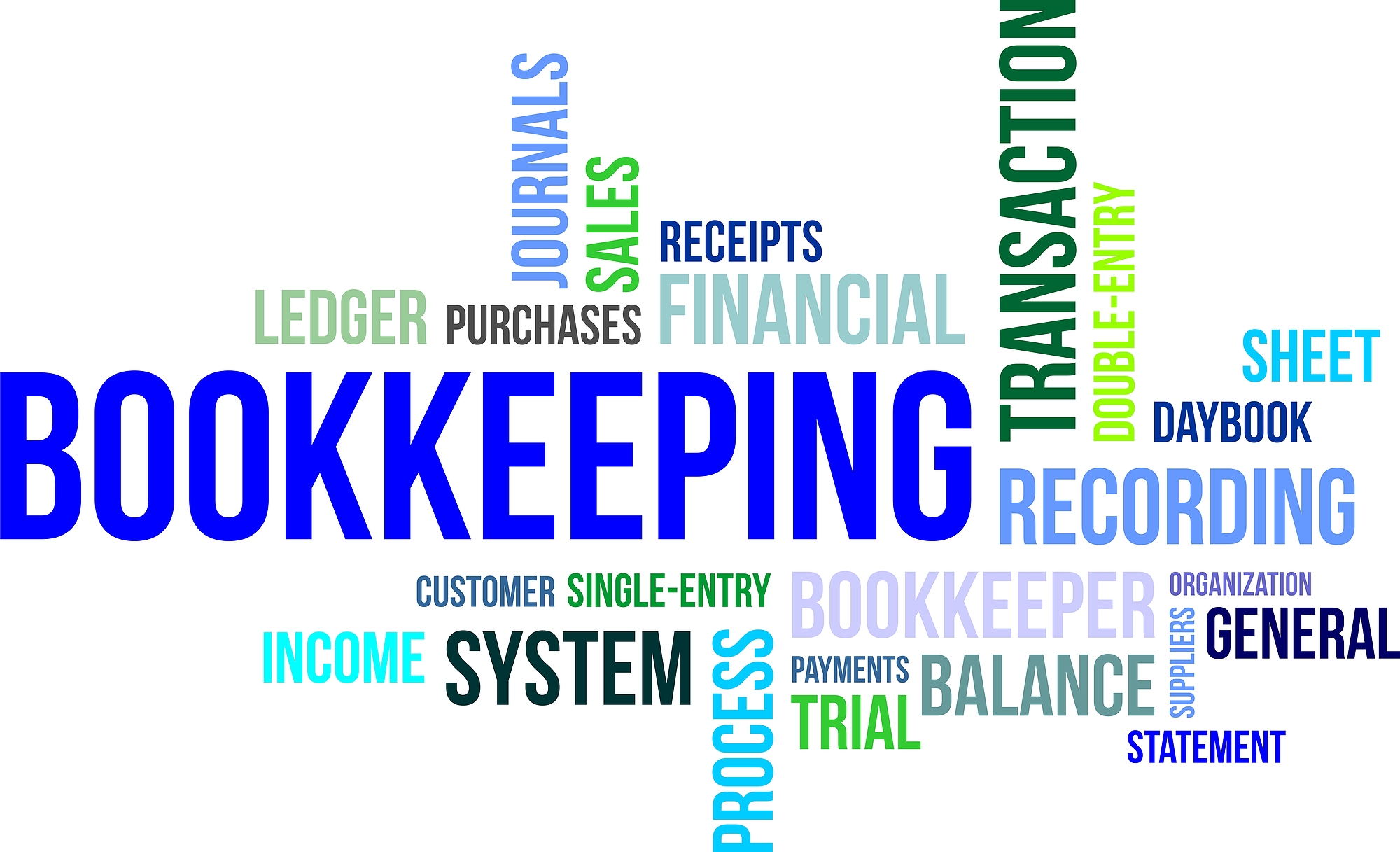Why Small Businesses Fail: The Critical Role of Accounting in Pricing and Profit Margins
Introduction
(QBSTL) Article for Small Businesses – Launching a small business is an exciting journey filled with potential. However, statistics show that many small businesses fail within the first few years. One of the most common reasons is poor financial management, particularly a lack of proper accounting.
Entrepreneurs often focus on product development, marketing, and customer engagement, but many neglect one crucial aspect of sustainability—sound financial tracking. When businesses fail to price their products or services correctly due to inaccurate accounting, profit margins suffer, and financial losses mount. This article explores how inadequate accounting practices negatively impact pricing, operations, and profitability, ultimately leading to business failure.
The Importance of Accounting for Small Business Success
Accounting is the financial foundation of any business. It helps entrepreneurs track income, expenses, and profitability while making data-driven decisions. Small business owners make economic choices based on guesswork rather than factual data without proper accounting, leading to instability and potential closure.
Small Businesses – Key Benefits of Proper Accounting:
- Accurate Financial Tracking: Keeping a record of all transactions provides insight into profit and loss trends.
- Informed Pricing Strategies: Understanding cost structures helps business owners set sustainable prices.
- Cash Flow Management: Proper budgeting prevents cash shortages that can cripple operations.
- Tax Compliance: Avoiding tax penalties requires precise financial reporting.
- Business Growth Planning: Investors and lenders require accurate financial data before providing funding.
When businesses overlook the importance of proper accounting, they struggle to control costs, leading to incorrect pricing and financial instability.
How Poor Accounting Leads to Pricing Issues
Pricing products and services correctly is crucial for business survival. Setting prices too high can drive customers away, while pricing too low can result in financial losses. Many small businesses fail due to improper pricing caused by a lack of accounting discipline.
1. Underpricing Due to Hidden Costs
A common mistake among small business owners is underpricing. This occurs when they fail to account for all operational expenses.
- Overlooking Fixed and Variable Costs: Many businesses price products based solely on raw materials and labor, ignoring rent, utilities, administrative expenses, and depreciation.
- Failing to Consider Taxes and Fees: Businesses that don’t factor in sales tax, transaction fees, or shipping costs risk selling at a loss.
- Neglecting Time and Effort: Service-based businesses often undercharge because they don’t accurately calculate the value of time and expertise.
Without understanding total costs, businesses may set prices too low, leading to poor profit margins and eventual financial distress.
2. Overpricing Due to Incorrect Cost Estimations
While underpricing is problematic, overpricing can also harm a business. Poor accounting practices sometimes lead to inflated cost estimates, which result in uncompetitive pricing.
- Misjudging Production Costs: Business owners may assume production expenses are higher without accurate records.
- Ignoring Market Trends: Failing to compare competitor pricing or customer expectations can make products less attractive.
- Overestimating Customer Willingness to Pay: Prices should reflect costs and perceived value. A lack of accounting insight can lead to misaligned pricing strategies.
3. Inconsistent Pricing Models in Small Businesses
Erratic pricing strategies create confusion among customers and financial instability within a business.
- Frequent Discounting: Businesses that fail to track profitability often rely on excessive discounts, undermining revenue.
- Sudden Price Hikes: Businesses facing cash shortages may raise prices abruptly, potentially alienating customers.
- Lack of Long-Term Pricing Strategy: Pricing should be based on sustainable profit margins, which require detailed financial forecasting.
The Connection Between Poor Accounting and Profit Margins, especially in small businesses.
The profit margin represents the portion of revenue that remains after deducting costs. Businesses that do not practice effective accounting often suffer from low profit margins due to mismanaged expenses and inaccurate financial records.
1. Expense Mismanagement
Businesses that fail to monitor costs incur unnecessary expenses that reduce profit margins.
- Untracked Variable Costs: Materials and labor fluctuate, but businesses without accounting oversight fail to adjust pricing accordingly.
- Excessive Fixed Costs: Businesses that don’t analyze financial records may continue paying for unnecessary subscriptions, office space, or services.
- Failure to Optimize Supplier Costs: Business owners may miss opportunities to negotiate better supplier rates without reviewing expenses.
2. Cash Flow Problems
Many small businesses fail not due to lack of revenue but because of poor cash flow management. Accounting errors often contribute to financial shortfalls in the following ways:
- Delayed Payments from Clients: Businesses may struggle to collect timely payments without an efficient invoicing system.
- Overspending Beyond Revenue Capacity: Without tracking financial statements, businesses may deplete cash reserves without realizing it.
- No Emergency Financial Cushion: Unexpected expenses can derail businesses that fail to maintain emergency funds.
Solutions: Implementing Effective Accounting Practices
To ensure long-term success, small businesses must adopt sound accounting strategies. Here are key steps to improve financial management:
- Use Accounting Software: Tools like QuickBooks, Xero, and FreshBooks streamline financial tracking and reporting.
- Hire a Professional Accountant: Even if using software, professional accountants help ensure accuracy and compliance.
- Monitor Cash Flow Regularly: Conducting weekly or monthly financial reviews prevents cash shortages.
- Understand Break-Even Analysis: Identifying the break-even point helps set profitable pricing models.
- Review Financial Statements Frequently: Analyzing balance sheets, profit and loss statements, and cash flow reports clarifies business performance.
- Educate Business Owners on Financial Literacy: Understanding basic accounting principles helps entrepreneurs make informed decisions.
Conclusion
The absence of proper accounting is a significant factor contributing to the high failure rate of small businesses. Without apparent financial oversight, business owners struggle with pricing, cash flow, and profitability. Solid accounting helps companies set competitive pricing, maintain healthy profit margins, and achieve long-term stability. Investing in financial management is essential for small business survival and success.
